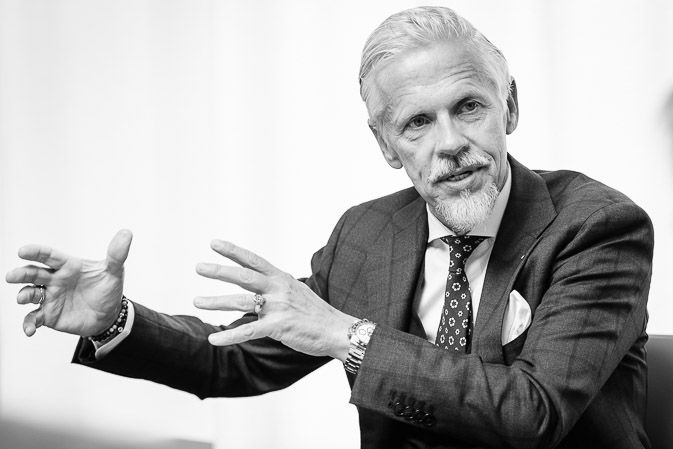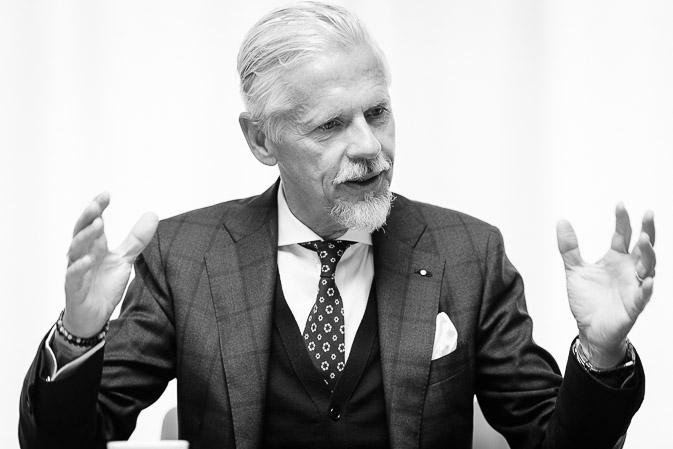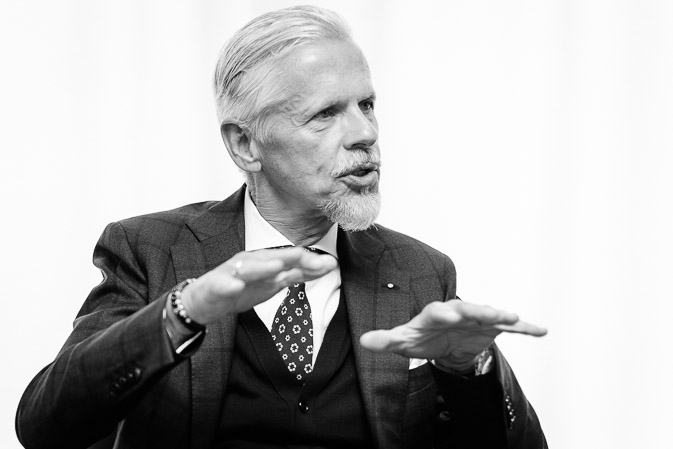echo-interview with Ole Wiesinger, CEO of the Hirslanden Privat Clinic Group
elipsLife echo: Mr Wiesinger, despite assurances to the contrary, costs continue to soar in the healthcare sector. Are the hospitals and, by association, Hirslanden contributing to the cost rise?
Ole Wiesinger: If you compare GNP growth with the rise in healthcare costs, then the development in the latter sector is still manageable. But healthcare is nevertheless becoming increasingly expensive. This is attributable to our ageing society and technical progress. Over the coming years, indeed decades, costs will continue to creep up. However, we still have to make efforts to curb this development. But this isn’t going to be an easy road to go down since the health insurance compa-nies, cantons, doctors and hospitals all have differing interests.
What’s Hirslanden doing to drive down costs?
Driving down costs entails working as efficiently as possible. Our primary goal is to generate benefit for the patient. The equation “patient benefit = quality of medical treatment plus patient satisfaction, divided by the costs“ is a neat way of describing our aim. The Hirslanden Group is efficient, lean and organised along commercially sensible lines. This has involved a systematic restructuring of the company to create a group that we can run in an as standardised and centralised as possible way. This approach enables us to contribute towards driving down costs and benefiting patients.
How many clinics and practice centres does Hirslanden operate and in which cantons?
Currently, we operate 17 hospitals, 16 radiology centres and four practices in the Schaffhausen, Luzern, Bern and Düdingen train staions, as well as four radiotherapy centres. With the exception of Tessin and Basel city, we’re represented in all urban centres in Switzerland. Right now, 16 of our 17 hospitals are on the hospital lists of 11 siting cantons.
When it comes to the cantonal hospitals, do the cantons regard Hirslanden as a partner or competitor?
Unfortunately not as a partner! On the contrary, there’s an obvious competitve relationship in volved. We’re playing a game of football where the referee is on the side of our opponents. The multilayered role of the cantons in the healthcare sector presents us with a major challenge because Switzerland’s cantons are the biggest hospital operators. It’s often claimed that the hospitals are independent joint stock companies not subject to canton influence. This is not the case. The cantons run the hospitals and, at the same time, are the authorities that set the rules. The fact is that the cantons have their fingers in too many pies, a situation which is bound to cause problems. There are only two solutions here: Either they shed their political responsibility, which really isn’t an option given the need for government oversight of healthcare provision. Or the cantons relin-quish their function as hospital operators. The latter option would be the logical way to go.



